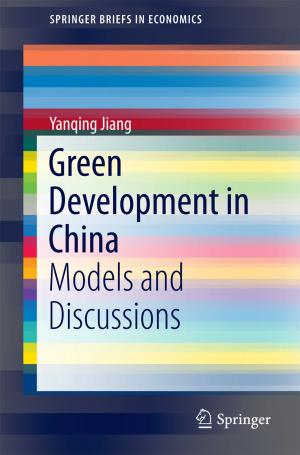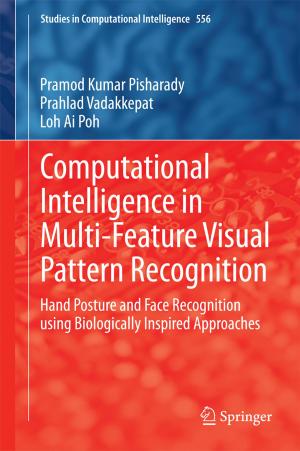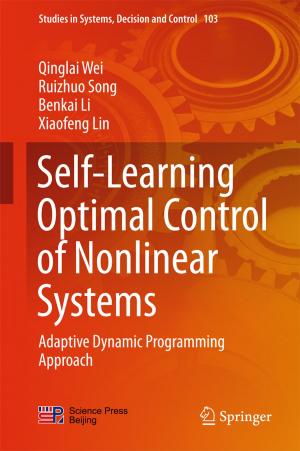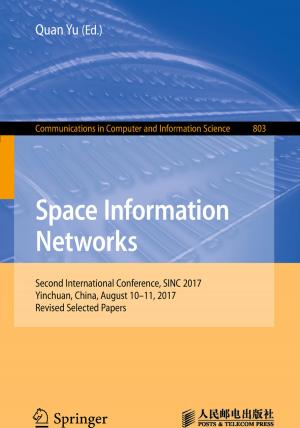Intelligent Control
A Stochastic Optimization Based Adaptive Fuzzy Approach
Nonfiction, Science & Nature, Technology, Automation, Computers, Advanced Computing, Artificial Intelligence, General Computing| Author: | Kaushik Das Sharma, Amitava Chatterjee, Anjan Rakshit | ISBN: | 9789811312984 |
| Publisher: | Springer Singapore | Publication: | August 28, 2018 |
| Imprint: | Springer | Language: | English |
| Author: | Kaushik Das Sharma, Amitava Chatterjee, Anjan Rakshit |
| ISBN: | 9789811312984 |
| Publisher: | Springer Singapore |
| Publication: | August 28, 2018 |
| Imprint: | Springer |
| Language: | English |
This book discusses systematic designs of stable adaptive fuzzy logic controllers employing hybridizations of Lyapunov strategy-based approaches/H∞ theory-based approaches and contemporary stochastic optimization techniques. The text demonstrates how candidate stochastic optimization techniques like Particle swarm optimization (PSO), harmony search (HS) algorithms, covariance matrix adaptation (CMA) etc. can be utilized in conjunction with the Lyapunov theory/H∞ theory to develop such hybrid control strategies. The goal of developing a series of such hybridization processes is to combine the strengths of both Lyapunov theory/H∞ theory-based local search methods and stochastic optimization-based global search methods, so as to attain superior control algorithms that can simultaneously achieve desired asymptotic performance and provide improved transient responses. The book also demonstrates how these intelligent adaptive control algorithms can be effectively utilized in real-life applications such as in temperature control for air heater systems with transportation delay, vision-based navigation of mobile robots, intelligent control of robot manipulators etc.
This book discusses systematic designs of stable adaptive fuzzy logic controllers employing hybridizations of Lyapunov strategy-based approaches/H∞ theory-based approaches and contemporary stochastic optimization techniques. The text demonstrates how candidate stochastic optimization techniques like Particle swarm optimization (PSO), harmony search (HS) algorithms, covariance matrix adaptation (CMA) etc. can be utilized in conjunction with the Lyapunov theory/H∞ theory to develop such hybrid control strategies. The goal of developing a series of such hybridization processes is to combine the strengths of both Lyapunov theory/H∞ theory-based local search methods and stochastic optimization-based global search methods, so as to attain superior control algorithms that can simultaneously achieve desired asymptotic performance and provide improved transient responses. The book also demonstrates how these intelligent adaptive control algorithms can be effectively utilized in real-life applications such as in temperature control for air heater systems with transportation delay, vision-based navigation of mobile robots, intelligent control of robot manipulators etc.















